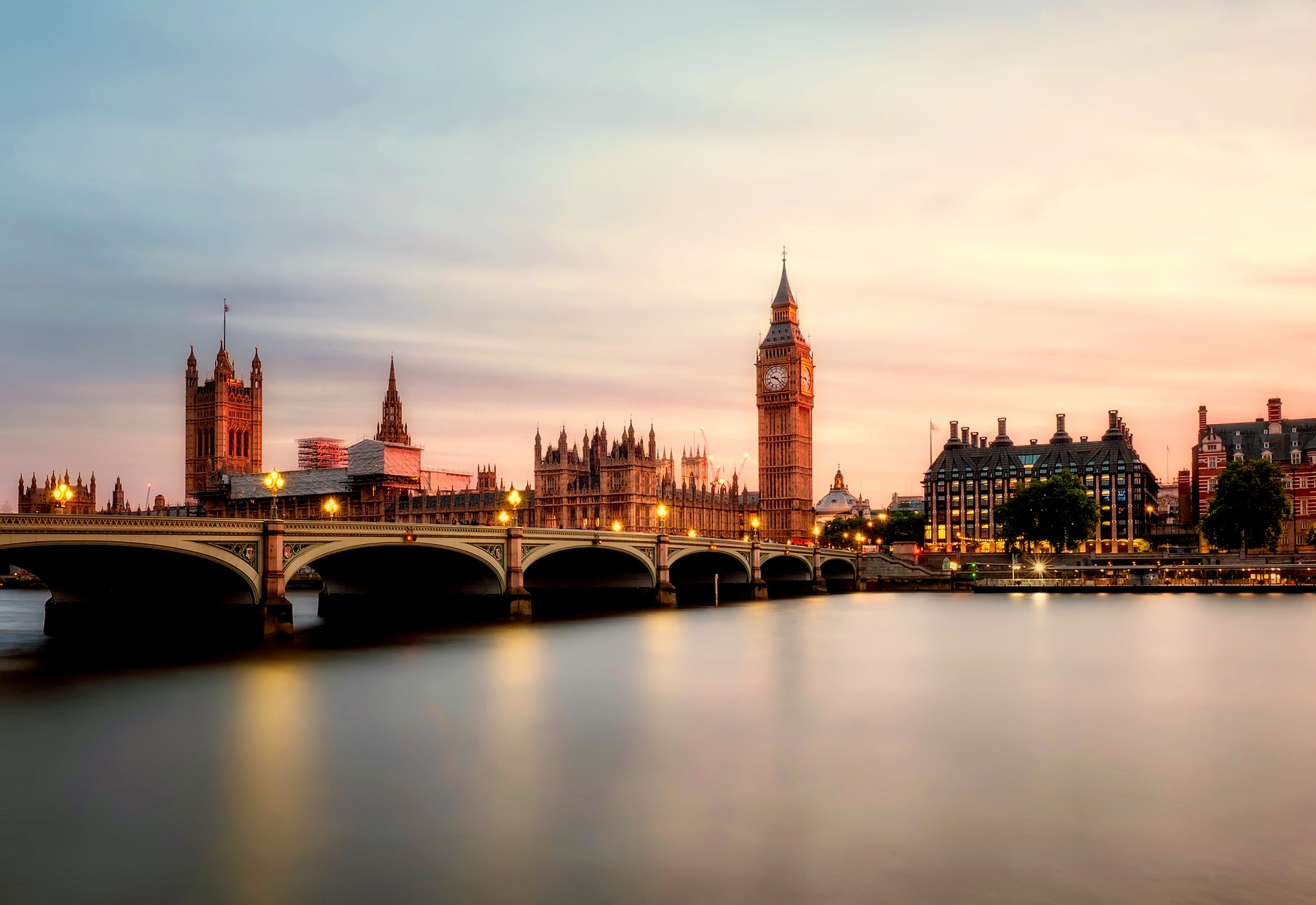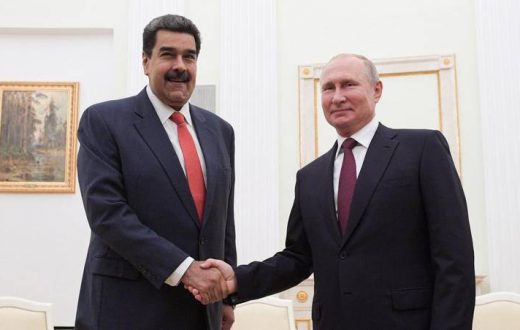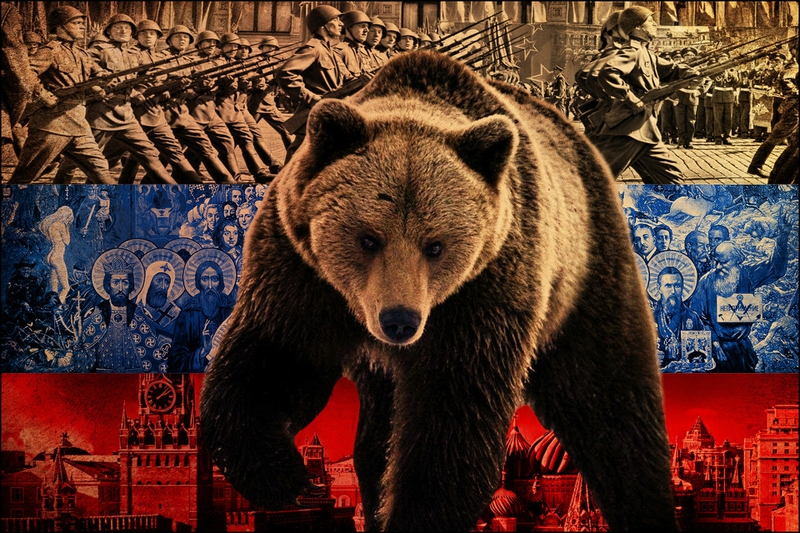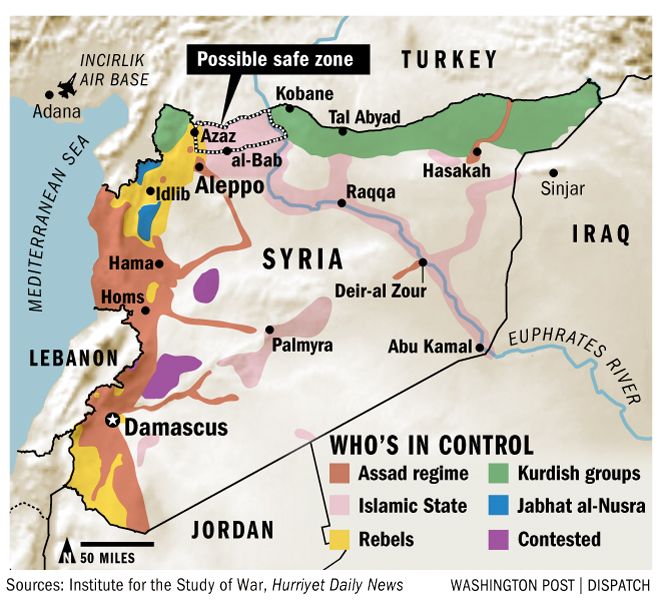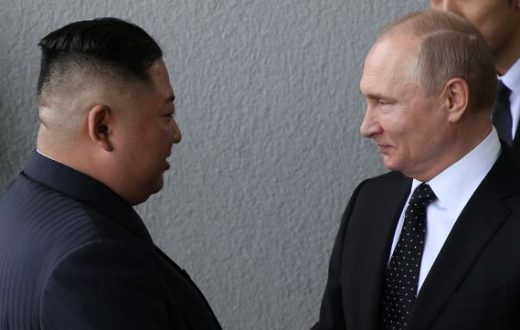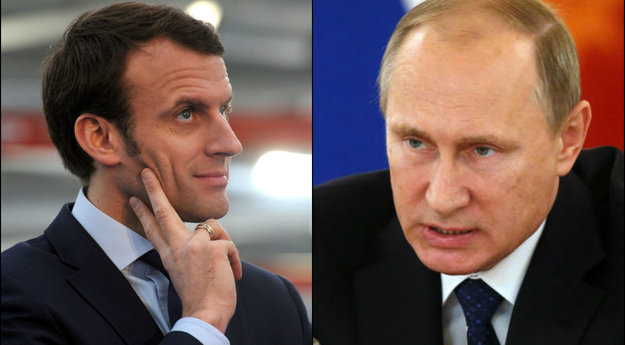British Prime Minister Theresa May has received widespread praise for the steely way that she has handled the attempted assassination of Sergei Skripal in the sleepy market town of Salisbury. Those accolades are exaggerated. If anything, the British authorities reacted too fast and too furiously to the attack on Skripal, a former Russian military intelligence officer and convicted British double agent who was released from prison in 2010 in a spy swap that involved the glamorous Russian sleeper agent Anna Chapman.
May was the home secretary who in 2014 authorized an inquiry into the November 2006 assassination of former FSB officer Alexander Litvinenko in London, after having withheld permission in earlier years. Now, as prime minister, she predictably wants to show that she will stand up for the national interest. It’s vital to be seen as strong, especially at a time when the daily headlines pillory her handling of Brexit negotiations with the European Union. Westminster was bound to take stern measures, because a swapped spy is meant to have immunity from retaliation. To make matters worse, Skripal’s innocent daughter as well as a local detective constable who went to their rescue were affected by the use of a chemical nerve agent on British soil.
But just as acting too quickly can backfire, it has always been counterproductive to act too late and too meekly. It’s worth recalling that it took nine long years from the Litvinenko murder to the conclusion of the inquiry, which laid the blame on two Russian intelligence officers, Andrei Lugovoi and Dmitry Kovtun. The Litvinenko inquiry, after exhaustive proceedings, concluded that Russian President Vladimir Putin had “probably” given the order for his gruesome death by radioactive polonium-210 poisoning. What we do know, however, is that every Russian spokesman from Foreign Minister Sergei Lavrov has ridiculed the use of the word “probably” ever since and several Moscow newspapers that are usually capable of criticizing Putin followed suit. The political handling of the Skripal poisoning has exposed the British Cabinet to the same treatment by Russian officials. This time, Downing Street decided to condemn Putin without even bothering to put forward corroborating evidence.
After all, engagement with the Russian public matters, too, if the West is ever to counter the popularity that Putin currently enjoys with most Russians. For an entire week after the Salisbury poisoning, Russian TV’s Channel One carried commentaries ridiculing Britain for failing to take care of its Russian residents and rejecting British claims about Moscow’s long arm of terror as yet another example of official Russophobia. In addition to making earnest demands for proof, the TV network as well as some Russian diplomats dropped hints that the attack on Skripal was a devilish plot by the British secret services to stir up hatred of Russia and disrupt its preparations for the June 2018 FIFA World Cup.
Most Russians obtain their news primarily from Moscow-based TV channels, which subserviently toe the Kremlin line. And the prime minister’s total attribution of blame to Putin without publishing any evidence has played into the Kremlin’s hands. The same was true of British Foreign Secretary Boris Johnson, who has a habit of scoring own goals by saying the first thing that comes into his head. Johnson hinted that the England soccer team might be withdrawn from participation in the World Cup. Johnson repeated his display of idiocy by comparing Putin to Hitler — a highly insensitive comment in the minds of most Russians, who are united in the pride they take in the Soviet Union’s role in defeating the Third Reich.
May’s government has begun to recover from this shaky start. In the past, getting support for a robust diplomatic response from Washington and Brussels would have been guaranteed in advance. European anger about Brexit and the election of U.S. President Donald Trump, an admitted admirer of Putin, have made it less straightforward. Trump has shown a reluctance to criticize the Russian leader even when various parts of his administration have enacted policies that run counter to Russian interests. Nevertheless, May succeeded in extracting a measure of support from Trump, and she and Johnson eventually found a sympathetic hearing among European leaders. They have also welcomed inspectors from the Organization for the Prohibition of Chemical Weapons. They even persuaded the Trump administration and several European states to engage in a simultaneous large-scale expulsion of Russian diplomats.
Whether May and Johnson spoke more openly to U.S. and EU officials than they did in public about the evidence linking the poisoning to Putin still remains unknown. They would do themselves a favor if they were to discuss, however gradually, the contours of the evidence they have collected. When the Russian authorities make mischief by offering to assist in the investigation, the most effective response would be to accept the overture, share a sample of the poison, and then subject the Kremlin’s response to the same techniques of forensic exposure that Russians have been applying to British official announcements. It’s true that this risks could mean more RT spreading its propaganda. But Western democracies ought to have faith in their own resilience. Prolonged political transparency is more effective than secretiveness — people have had enough of politicians who seek to preserve their privileged access to information that doesn’t pose a danger for national security.
David İmoisi, originally from Nigeria, is currently studying international relations at Yakin Dogu Universitesi in Cyprus. His interests revolve around international politics and diplomacy.

